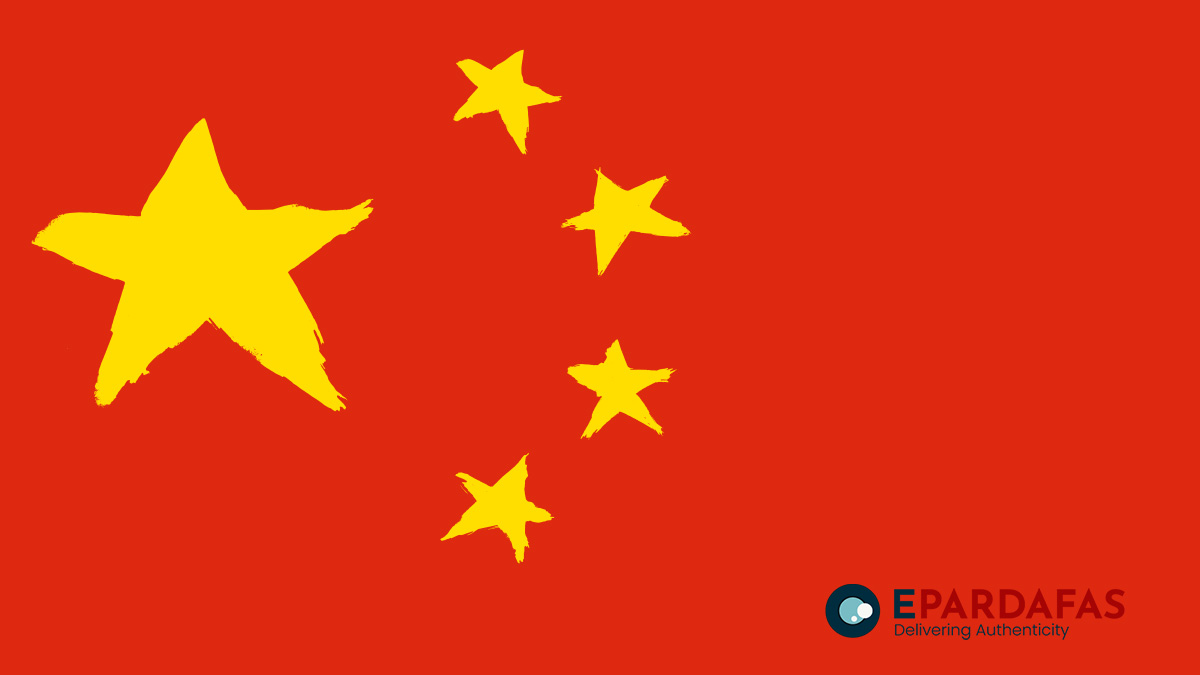
CCP Replaces Head of Securities Regulator, Implements Short-Selling Restrictions Amid Stock Market Turmoil

Amidst a significant downturn in China’s stock market, the Chinese Communist Party (CCP) has taken decisive action, replaced the head of its securities regulator and implemented strict measures to stabilize the market.
The turmoil in China’s stock market has sparked public outcry, with investors expressing frustration over substantial losses and diminishing confidence in the economy. The market has witnessed a continuous decline since the beginning of the year, reaching its lowest points in years just last week. Tens of thousands of stocks have hit limit down, exacerbating concerns among both domestic and foreign investors.
In response to the escalating crisis, the CCP announced the dismissal of Yi Huiman, the chairman of the China Securities Regulatory Commission (CSRC), and appointed Wu Qing as his replacement. The decision, made by the Central Committee of the CCP and the State Council, caught many by surprise, as it was not preceded by the customary internal notifications from the CCP’s Organization Department.
Observers interpret the sudden personnel change as indicative of the urgency of the situation. According to Li Linyi, a U.S.-based current affairs commentator, the swift decision reflects the CCP leadership’s deep concerns about the state of the stock market, signaling a crisis within China’s financial sector.
Wu Qing wasted no time in taking action as the new head of the CSRC, announcing punitive measures against technology companies and approximately 100 securities professionals on February 9. These measures include heavy fines and administrative penalties, aimed at restoring stability to the market.
Simultaneously, the CCP has deployed substantial national funds, known as the “national team,” to intervene in the stock market and prevent further declines. Central Huijin Investment, controlled by the Ministry of Finance, has expanded its purchase of Exchange-Traded Funds (ETFs) in recent days in a bid to bolster market confidence.
Despite these efforts, skepticism remains about the effectiveness of the CCP’s interventions. Frank Xie, associate professor of marketing at the University of South Carolina Aiken, asserts that the CCP’s actions, though aggressive, have failed to inspire optimism among investors. Global investors continue to divest from Chinese stocks, indicating a lack of faith in the market’s recovery.
In a controversial move, the CSRC issued orders on February 6 to restrict short selling, allowing only buying and prohibiting selling. Additionally, the orders banned bond and stock pledging, restricted securities lending to same-day sellers, and vowed to crack down on illegal short-selling practices.
Critics argue that these measures defy market principles and risk exacerbating the crisis. Shi Tao, a U.S.-based current affairs commentator, likened the restrictions to suffocating the market, emphasizing the importance of a balanced trading environment.
Zhang Tianliang, another commentator, condemned the CCP’s disregard for market rules, describing the restrictions as tantamount to robbery. Social media platforms have become channels for Chinese investors to express their frustration and anger over the “only buying no selling” rule.
The implications of the stock market downturn extend beyond financial losses, particularly for individual investors. Unlike in European and U.S. markets, where institutional investors dominate, the vast majority of Chinese investors are individuals, many of whom hail from the working class. For them, the collapse of the stock market represents not just financial ruin but also personal and familial despair.
As China grapples with the challenges of stabilizing its stock market and restoring investor confidence, the CCP faces mounting pressure to navigate the crisis effectively and address the grievances of its citizens.












Comments